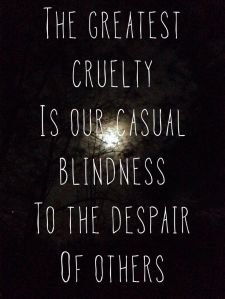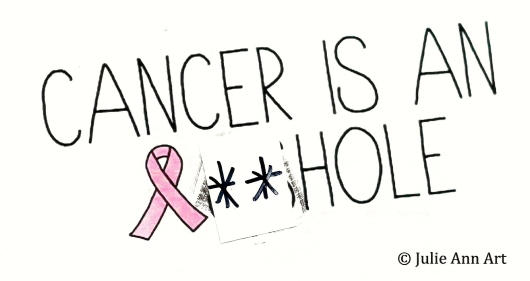Receiving a diagnosis of cancer is a traumatic experience. One minute you’re ‘normal’ and the next your entire life has been turned upside down.
 It can be hard, even impossible, to talk to family members or friends about the roller-coaster of emotions that you have been commandeered into riding. When someone is diagnosed with cancer, they and their family can feel shocked, disbelieving, frightened, without direction or simply numb. Talking things through in confidence with someone who understands the emotional challenges of cancer can be extremely helpful.
It can be hard, even impossible, to talk to family members or friends about the roller-coaster of emotions that you have been commandeered into riding. When someone is diagnosed with cancer, they and their family can feel shocked, disbelieving, frightened, without direction or simply numb. Talking things through in confidence with someone who understands the emotional challenges of cancer can be extremely helpful.
Speaking individually to an experienced cancer counsellor can ease the sense of isolation you may feel and help you to find ways of facing the challenges ahead. This also applies to family members, friends and colleagues. By talking privately to a counsellor they can explore their anxiety, grief and any other emotions openly and honestly without needing to shield the person who is ill.
Why cancer counselling?
Research shows that counselling can be significantly useful in helping individuals and families face and meet the many challenges that a cancer diagnosis brings with it. This has been demonstrated to improve their quality of life.
During counselling, patients and families can learn how to cope more easily with their emotional issues. This helps them to communicate their needs better when speaking to Health professionals.
Counselling helps in easing any tension in relationships with family and friends. Optimistic but realistic outlooks replace the burden of positive expectations. Just saying “I’m being positive” doesn’t actually mean much, although being optimistic can always help you to enjoy life more in the here and now. However, if fears are present (and why wouldn’t they be?), then it is healthy to talk about these and get them out into the light of day.
How might you feel?
Some responses that people may feel when they are told they have cancer:
- Shock: “What?? No!”
- Denial / Disbelief: “It’s a mistake, those aren’t MY test results.”
- Withdrawal: “I can’t/don’t want to talk to anyone.”
- Feeling isolated: “Nobody understands.”
- Anger: (“*#@^!!!”)
- Loss: “But I’ve so much more I want to do with my life.”
- Body image issues: “Will I look like a freak?”
- Fears associated with sexuality and intimacy: “No one will every desire me now.”
- Fear and uncertainty: “What’s going to happen to me?”
Anything you feel is valid and deserves to be acknowledged, not only by those around you, but also by you, yourself.
Seeking individual counselling or becoming part of a support group may be where you can find this acknowledgment.
After a cancer diagnosis, you might feel as though you have no control over what is happening to you and this can be very frightening. Uncertainty is often one of the most difficult things to deal with. You might feel as though cancer and its treatment have taken total control of your life and this can lead to feelings of powerlessness.
Counselling allows you to take back some control over your life and provides you with some semblance of security again. It can help you to enjoy your life despite the illness.
While it can be terrifying to think about it, it is natural to want to know what is likely to happen to you, so that you can plan for your future.
Sorting out your affairs so that everything is in order can be very confronting but it can also be helpful. Even though it’s likely to be painful for you and your family to talk about dying, it can also provide an opportunity to talk about what is important to you all and develop deeper levels of intimacy with each other. Regardless of how long the cancer patient lives, everyone benefits by being open and honest about what they value in their relationships.
Many cancer patients feel as if they have lost control of their lives. Talking to a counsellor or others going through a similar experience can help you to regain a level of control over how you cope.
To find out about support groups go to http://www.lifeforce.org.au
© Jane Gillespie



